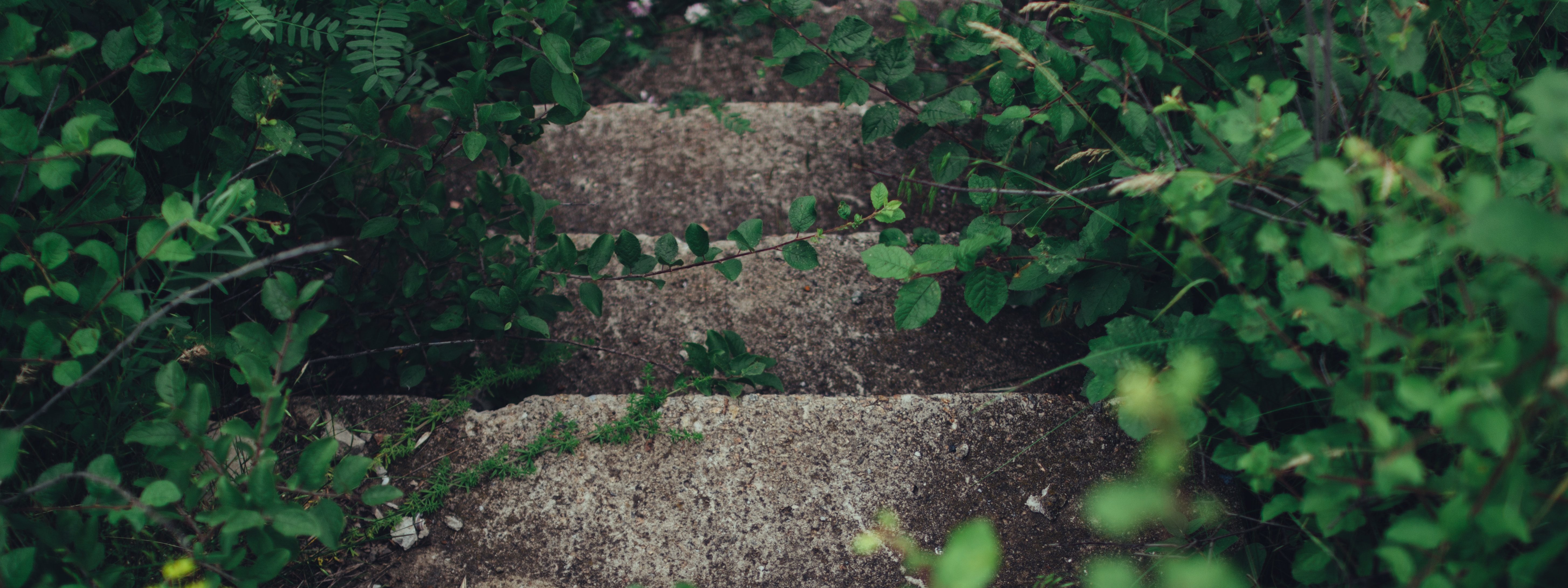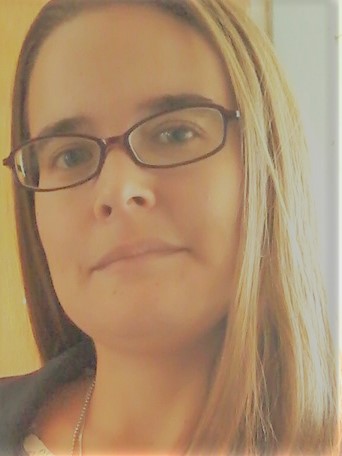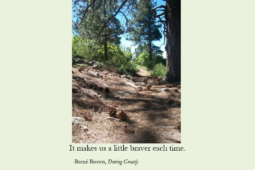Faith and behavior topics are often avoided because they are viewed as separate subjects or somehow taboo. However, work on yourself is more complete when you work on both your mind and your heart. There are scientific practices that connect. I see this in my learning and practice of Eastern Orthodoxy and personal growth.
My goal for writing about Eastern Orthodoxy and Personal Growth
You could choose to navigate this blog and not read the articles on faith and behavior. However, I submit that if you skip these articles you will miss part of the story.
As I share more articles on the subject, I hope it will become clear why I have decided to include this focus on faith in my blog on personal development.
For now, let me sum it up. It’s about faith and behavior.
In my process of learning scientific practices that improve behavior, I often connect what I am hearing or reading to teachings of the Eastern Orthodox spiritual life. My goal, in this section of my website, is to share the connections I see in scientific practices to practices in the Eastern Orthodox spiritual life. To do this I have committed to writing monthly articles where I will share my learnings.
I emphasize learnings. I am not expert in either scientific or Orthodox practices. I am an Eastern Orthodox Christian and I am learning.
I invite you to learn with me.
Why write about Eastern Orthodoxy and Personal Growth?
Is not it enough to write about the Christian Church and personal growth?
Why is this discussion needed at all?
Personal development is better accomplished when all areas of one’s life are addressed. To exclude the spiritual part of your life when you are growing in other areas leads to an imbalance.
I also find the depth of the teachings of the Eastern Orthodox Church assist me in understanding the larger issues of personal development.
In future posts I want to discuss the scientific and faith connections in greater detail. Sometimes I will specifically refer to the Eastern Orthodox Church. Other times I will write about a broader faith in God.
For now, I want to share what I mean by heart and the importance of training your heart.
The meaning of train your heart
In my post on building confidence through science and faith I shared how it’s important to grow your faith and that we can affect our confidence by working on our inner being. I also shared that I train my heart through prayer and building community.
What do I mean when I say that I train my heart and how does this affect my behavior?
The following is an attempt at an introductory and foundational answer to this question. I will break the question into two parts. I will share my current understandings on this subject and I aim to share what I know to the best of my ability.
The heart is the center of our being
What does it mean to train your heart?
At the center of this question is a need to understand the Eastern Orthodox view of the human person.
When I speak about the heart, I am not talking of the heart as a muscle but as the center of our being.
I am currently working my way through the book Confronting and Controlling Thoughts by Anthony M. Coniaris and it helped me formulate what I will share in this section.
The heart can be compared to the unconscious.
The unconscious is: 1) the past 2) the passions that we inherited
Therefore, in our unconscious we have both memories and things we desire, the passions.
Fr. Stephen Freeman’s blog Glory to God for All Things has an introduction to the Orthodox understanding of the passions if you want to learn more.
How does this affect my behavior?
There can be good and bad in this unconscious heart.
The good: our conscience, knowledge of God, and a sense of right and wrong.
The bad: evil thoughts, evil actions.
Therefore, in the heart we can have self-awareness and an idea of God. However, we can also have distraction and evil.
Knowing this provides us with insight into how our heart functions in the human person and provides us with a greater understanding of where our behaviors fit into the picture. This is important when we are thinking about behavior and behavior change. It shows us how important it is to take our faith into consideration when we are making big behavior changes.
Want to dig deeper into this subject? If you’re interested in learning with me, look out for the monthly posts on faith and behavior.
Join the mailing list so you don’t miss a post on faith and behavior!
Read more posts on faith and behavior:
Faith and Behavior: Why do we keep faith and behavior quiet?
Confidence Through Science and Faith | Train your heart and mind





 One behavior change at a time.
One behavior change at a time.







Recent Comments